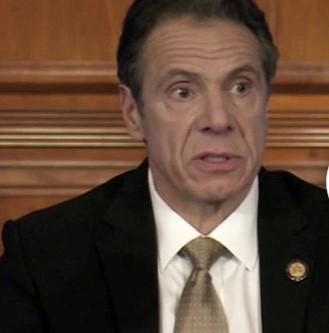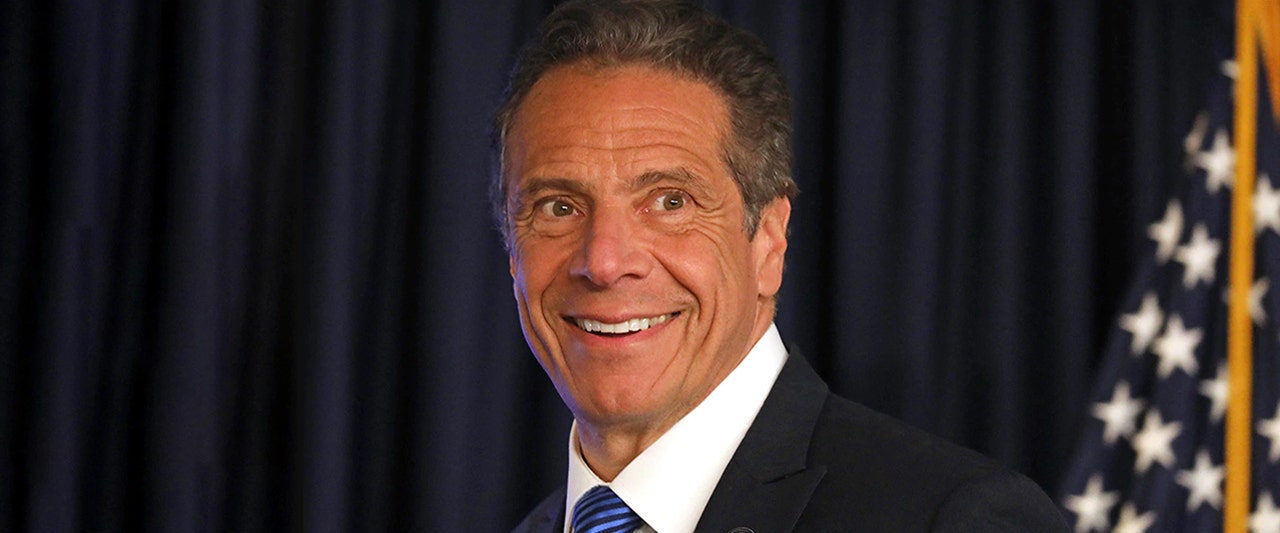Andy Ngo: Antifa/BLM Are Funded, Protected by Media, Politicians, Biden Administration
SHOOT THIS BILL DOWN
House Dem’s gun control bill mandates national registry, licensing, gov’t training and $800 insurance
https://americanmilitarynews.com/page/2/
A gun control bill that would create a national firearm registry, require licensing and psychological evaluations, government training and insurance was quietly introduced by a Democrat lawmaker in the House of Representatives last month.
Rep. Sheila Jackson Lee introduced the bill, dubbed “Sabika Sheikh Firearm Licensing and Registration Act,” on Jan. 4, 2021. The legislation’s name honors a Pakistani exchange student who died during a school shooting in Texas in 2018.
Under the proposed bill, gun owners would be required to purchase $800 insurance that protects the person “against liability for losses and damages resulting from the use of any firearm by the person” for one year.
HEY JOE – PIPE JOBS CAUSE HEMORRHOIDS PREPARATION H IS READY TO FLOW
WANTED FOR MURDER -KILLER CUOMO MURDERED TENS OF THOUSANDS IN A WEEK- AR-15’s ARE NECESSARY TO PROTECT OURSELVES FROM MANIACS LIKE HIM

FROM THE NY POST – CONSPIRACY
Governor Cuomo’s top aide privately apologized to Democratic lawmakers for withholding the state’s nursing-home death toll from COVID-19 — telling them “we froze” out of fear the true numbers would “be used against us” by federal prosecutors, The Post has learned.

CLICK HERE FOR A RUDE CRUDE ANI-MAL SPROUTING DIARRHEA FROM d’MOUT
The stunning admission of a cover-up was made by Secretary to the Governor Melissa DeRosa during a video conference call with state Democratic leaders in which she said the Cuomo administration had rebuffed a legislative request for the tally in August because “right around the same time, [then-President Donald Trump] turns this into a giant political football,” according to an audio recording of the two-hour-plus meeting.
“He starts tweeting that we killed everyone in nursing homes,” DeRosa said. “He starts going after [New Jersey Gov. Phil] Murphy, starts going after [California Gov. Gavin] Newsom, starts going after [Michigan Gov.] Gretchen Whitmer.”
In addition to attacking Cuomo’s fellow Democratic governors, DeRosa said, Trump “directs the Department of Justice to do an investigation into us.”
“And basically, we froze,” she told the lawmakers on the call.
“Because then we were in a position where we weren’t sure if what we were going to give to the Department of Justice, or what we give to you guys, what we start saying, was going to be used against us while we weren’t sure if there was going to be an investigation.”
DeRosa added: “That played a very large role into this.”
After dropping the bombshell, DeRosa asked for “a little bit of appreciation of the context” and offered what appears to be the Cuomo administration’s first apology for its handling of nursing homes amid the pandemic.
But instead of a mea culpa to the grieving family members of more than 13,000 dead seniors or the critics who say the Health Department spread COVID-19 in the care facilities with a March 25 state Health Department directive that nursing homes admit infected patients, DeRosa tried to make amends with the fellow Democrats for the political inconvenience it caused them.
SEE ALSO
COVID-19 deaths in NY nursing homes were 50 percent higher than claimed: probe
“So we do apologize,” she said. “I do understand the position that you were put in. I know that it is not fair. It was not our intention to put you in that political position with the Republicans.”
Assembly Health Committee Chairman Richard Gottfried (D-Manhattan) immediately rejected DeRosa’s expression of remorse, according to the recording.
“I don’t have enough time today to explain all the reasons why I don’t give that any credit at all,” said Gottfried, one of the lawmakers who demanded the death-toll data in August.
State Senate Aging Committee Chairwoman Rachel May (D-Syracuse) — who was battered during her re-election bid last year over the issue of nursing-home deaths — also ripped into DeRosa, saying her former opponent had launched another broadside earlier in the day.
“And the issue for me, the biggest issue of all is feeling like I needed to defend — or at least not attack — an administration that was appearing to be covering something up,” she said.
“And in a, in a pandemic, when you want the public to trust the public-health officials, and there is this clear feeling that they’re not coming, being forthcoming with you, that is really hard and it remains difficult.”


Demands for charges, consequences mount over bombshell report Cuomo covered up COVID deaths
NOW PLAYING AT FORD’S THEATER: ” C-4 LACED SUICIDE BOMBERS”
The comedy of errors now playing in D.C. is nothing but a sideshow for the corrupt Democrat party. The Deep State has insulated them from prosecution for the past half century. Trump stepped on their feet. They then resorted to stealing the election for President and the two Senate seats in Georgia. Currently they are covering their tracks in what will be called the greatest charade the world has ever seen.
Back in the day, when law enforcement was the responsibility of forthright citizens, this type media circus would never see the curtains go up, let alone offer a view of the stage. Not to say we condone violence here, but a Constitutional issue is at hand. The Supreme Court should jump in. A ruling that a ex-President can’t be impeached will put a stop to the animals conducting this circus. Where are you Gorsuch, where are you Kavanaugh. If you see them in a grocery store your push back, tell them they are not welcome.


BIDEN’S PIPE JOB TO AFL-CIO HEAD TRUMKA
They fall in line like bees bringing food to the queen. In this case the head of the head of the AFL-CIO, Richard Trumka, was colonoscopied by Joe Biden. Biden wrapped the colonoscope with razor wire before inserting. So what was the cause of this blood bath Biden cancelled the Keystone XL pipeline which was to carry hundreds of thousands of barrels of oil from Canada to the U.S. The ramifications continue to be felt by the thousands of jobs lost and the immediate loss of 1000 construction workers laying the pipe. In other words Joe Biden gave these thousands of workers the PIPE.
TOP US UNION BOSS RICHARD TRUMKA DISAPPOINTED IN BIDEN’S KEYSTONE XL CANCELLATION IN NEW INTERVIEW
Trumka expressed displeasure with the pipeline project cancellation but also praised Biden as possibly “the best union president we ever had” during an “Axios on HBO” interview that aired on Sunday.
“It suggests that he’s going to get something in return for sitting silent on a matter that is negatively impacting [workers],” Greszler said, referencing union-backed policies like a $15 federal minimum wage and the PRO Act.
Biden has pledged to create new “high-paying union jobs” through investments in green energy infrastructure projects.
The union guys on the ground no this is not true, that no jobs will be created and if they are, they will not be qualified to do them. In the meantime they will lose their houses, suicides will rise and divorces are inevitable.


FACT OR FICTION?
ANOTHER CRIMINAL IN OUR MIDST – BORN IN SOMALIA – “ITS ALL ABOUT THE BENJAMINS”
https://www.foxnews.com/politics/maxine-waters-trump-officials-absolutely-harass-them
MINNEAPOLIS (AP) — U.S. Rep. Ilhan Omar is cutting ties with her husband’s political consulting firm after winning her bid for reelection, saying she wants to ensure her supporters feel there’s no perceived issue.
Omar married her political consultant, Tim Mynett, in March, sparking scrutiny and a complaint to the Federal Election Commission by a conservative group that alleged campaign funds paid for Mynett’s personal travel. The FEC has taken no public action on that complaint, and Omar has said payments to Mynett’s firm, E Street Group, were legitimate.
In an email to her supporters on Sunday, Omar said her campaign was terminating its contract with E Street Group to “make sure that anybody who is supporting our campaign with their time or financial support feels there is no perceived issue with that support,” the Star Tribune reported.
Rep. Omar has paid husband’s political consulting firm nearly $2.8M
By Mark Moore
November 11, 2020 | 11:25am | Updated
Rep. Ilhan Omar has funneled nearly $2.8 million to her husband’s political consulting company since the beginning of 2019, according to a report.
Omar’s campaign paid $1.6 million to E Street Group LLC, which is owned by her husband, Tim Mynett, from the start of 2019 to July 22, 2020, Fox News reported Tuesday, citing Federal Election Commission data.
Another $1.1 million was sent to the firm in the third quarter and $27,000 in the following weeks.
The $1.1 million figure represented nearly 70 percent of the $1.6 million that her campaign spent in those three months, the report said.
The expenses were for a range of campaign services, including cable advertising, “digital consulting,” video production and editing, Fox News said.


SEE WHO THE REAL TERRORIST IS
ARREST THIS TERRORIST NOW – A CORRUPT POLITICIAN WHO CONDONES VIOLENCE. A FULL FLEDGED MEMBER OF THE BLM CABAL, AN ALLEGED TERRORIST ORGANIZATION.
https://globalnews.ca/video/4295094/maxine-waters-calls-on-citizens-to-harass-trump-administration-officials-in-public
Maxine Waters tries walking back violent rhetoric against Trump
The California Democrat was asked whether she ever ‘glorified or encouraged’ violence against Republicans



OUR DIMWIT AWARD GOES TO GORILLA GLUE HAIR STYLIST
You can’t make these things up. Did you know that Gorilla glue had multiple uses? Such as keeping your mouth shut. Spread on lips and bite down for thirty seconds. For an unruly pet who fails to heed your call to stop in place, put one drop on the four paws. To activate sit on the pet for ten seconds. But who would ever think of spraying, yes spraying your hair with Gorilla glue. Well, someone did. Held the hairdo in hurricane force winds.

Tessica Brown, the Louisiana woman who styled her hair with Gorilla Glue and later sought medical treatment for her hardened head of hair, may soon file a lawsuit against the makers of the product, according to a new report.
Brown had originally shared her story last week, in a TikTok video viewed nearly 21 million times as of Tuesday morning. In it, she admitted to using Gorilla Glue spray adhesive on her head, after running out of her preferred brand of hairspray.
https://www.foxnews.com/lifestyle/woman-styled-hair-gorilla-glue-considering-lawsuit
